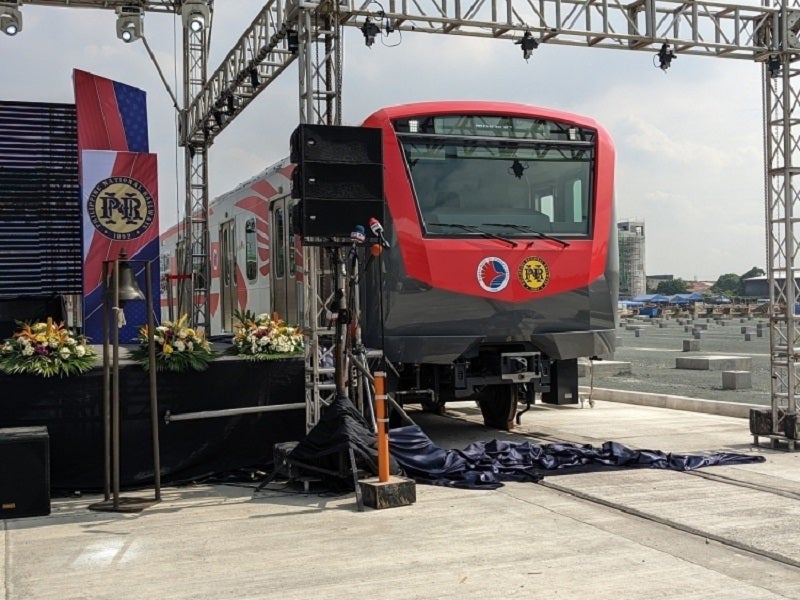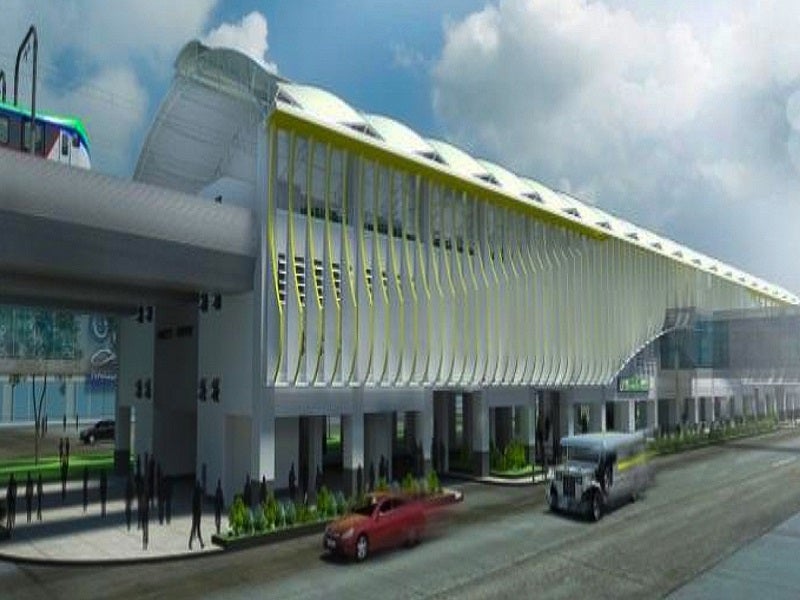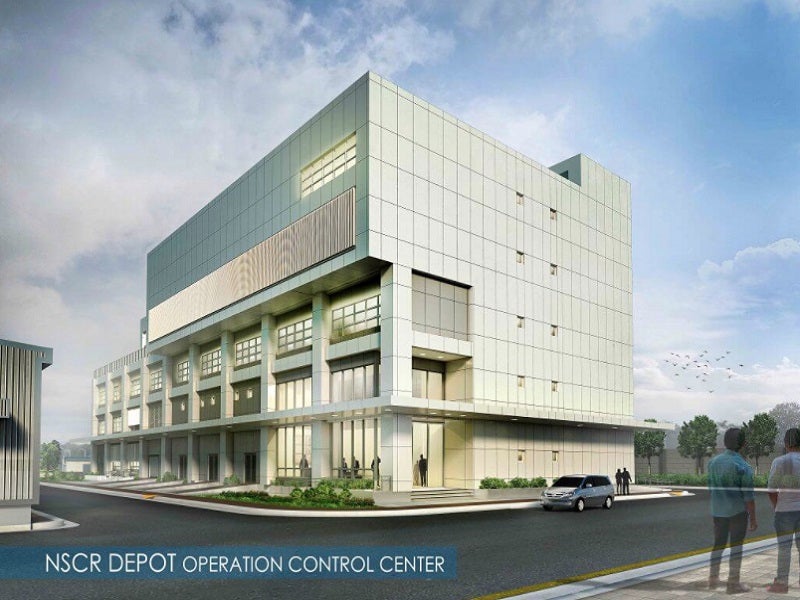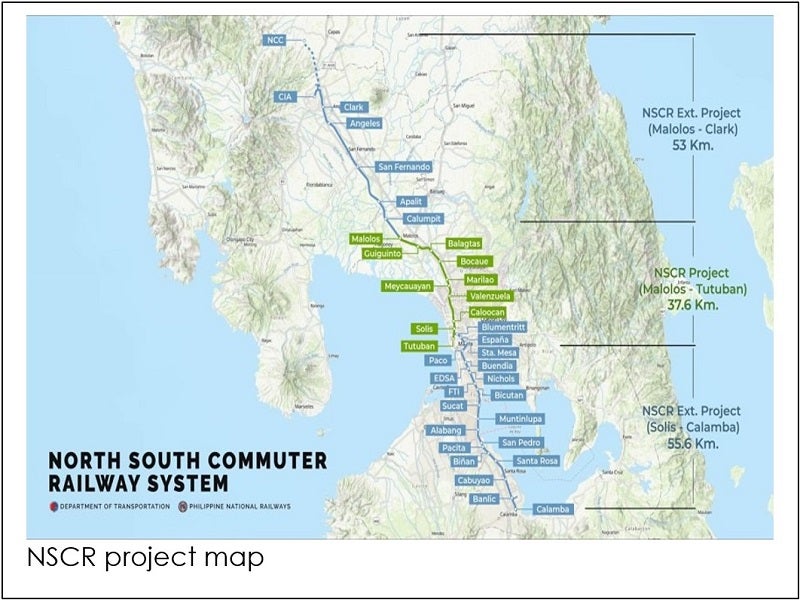The North-South Railway Project (NSRP) is a key initiative of the Philippine Government to stimulate economic and urban development in the country’s most densely populated regions by providing essential connectivity with a high-quality passenger rail service.
The NSRP’s refurbishment and expansion will offer long-distance and swift transport across Luzon, the Philippine archipelago’s largest and most populous island.
The Department of Transportation (DOTr) and the Philippine National Railways (PNR) are collaboratively overseeing the project’s execution. The NSRP South Line received the National Economic and Development Agency Board’s approval in February 2015.
Construction of the commuter rail’s first phase, stretching 38km from Tutuban in Manila to Malolos in Bulacan, commenced in February 2019.
The NSCR’s Malolos-Manila and Clark Extension sections are scheduled for completion in June 2025, with construction having begun in February 2023.
North-South Railway Project (NSRP) background
The NSRP was officially inaugurated by the DOTr and PNR in July 2015, signalling the commencement of the South Line’s bidding process for the Manila-Legazpi segment.
An initial feasibility study determined that a public-private partnership (PPP) approach for the entire project was impractical. A subsequent study on the NCR’s southern section was conducted to evaluate the feasibility of the commuter rail project when integrated with the NSRP’s Mainline South.
North-South Railway project details
The NSRP North line will connect Manila to the north and north-eastern parts of Luzon through a 266km long-haul line from Manila to San Fernando city in La Union Province, including an extension line and a branch line.
The extension line will link San Jose city in Nueva Ecija to Cagayan province, while the 55km branch line will connect Tarlac Province and San Jose city.
Phase one of the North Line project includes the commuter line between Tutuban and Malolos, funded by the Japan International Cooperation Agency (JICA).
The NSRP South Line, a central component of the Philippine government’s ‘Build! Build! Build!’ programme, is expected to become the main rail artery, connecting Metro Manila with southern Luzon regions.
The project is divided into the South Commuter Railway Project (SCRP; formerly NSRP South Line-Commuter Line) from Tutuban to Calamba, and the South Long-Haul project (SLH Project; formerly NSRP South Line-Long Haul Line) from Muntinlupa city in Metro Manila to Matnog municipality. The SLH Project will also extend to other southern Luzon areas.
The SLH Project will span 561.1km, linking various cities, municipalities, economic zones, and international seaports.
The NSRP South Line also involves repairing and replacing more than 420 bridges and constructing 15 stations and three depots. The new line will be served by diesel-powered multiple-unit rolling stock, including six eight-car trains with additional spares.
North-South commuter railway details
The NSCR will connect the growth centres of Clark and New Clark city in the north with central Manila and Calamba city to the south of the capital. The Department of Transportation is the principal agency responsible for the NSCR’s implementation.
The project includes the 38km section between Tutuban and Malolos, the 53km Malolos-Clark section, and the 55km southern corridor between Blumentritt and Calamba.
The Malolos-Clark corridor is divided into two segments: the 51.2km stretch between Malolos and Clark and Clark International Airport, and the 1.9km link to the existing Blumentritt station in Manila, with a connection to the elevated LRT1 light rail line.
An 18km northern extension from Clark to New Clark City is planned to extend the NSCR to 163km. The Malolos-Tutuban line will feature more than 30km of viaducts and seven river railway bridges, along with a 7km elevated embankment.
Ten rail stations are being developed under phase one, with provision for five additional stations. A depot, workshop, and control centre are also included in phase one.
The NSCR will have a double track throughout the route from Tutuban to Calamba, with a design speed of 75km/h and an axle load of 15 tonnes, and the modernisation and expansion of 19 stations and depot facilities in Calamba.
Financing for the North-South Commuter Railway Project
Asian Development Bank (ADB) and the Development Bank of the Philippines signed an agreement to advise the DOTr on the PPP structure and bidding process. In May 2019, ADB approved $2.75bn in financing for the Malolos-Clark section of the Philippines commuter railway project.
In November 2015, the Philippine government and JICA signed a Y loan agreement for phase one construction of the commuter line between Malolos and Tutuban. JICA also funded the detailed engineering design of the commuter line.
JICA agreed to loan the Philippines Y67.19bn, in January 2019. It represents the first instalment of Japan’s financial commitment to the NSCR project.
ADB granted a $4.3bn loan to the DOTr in June 2022, for the Manila-Calamba commuter railway construction. The funding will be disbursed in three tranches from 2022 to 2026.
JICA and the Philippine Government of the Republic of the Philippines signed agreements in February 2023 to provide Japanese ODA loans totalling Y377m.
The loans included Y270m for the North-South Commuter Railway Extension Project phase two and Y107.017m for the North-South Commuter Railway Project (Malolos-Tutuban) phase two.
Contractors involved
The first package of phase one construction for the commuter rail was awarded to a Taisei and D.M. Consunji (DMCI) joint venture (JV), while a Sumitomo-Mitsui Construction consortium won the second package.
NSTren Consortium is the construction supervision consultant for the NSCR’s first phase. Taisei-DMCI JV was chosen to carry out civil works, including building the elevated rail track, six stations, and the Malanday depot in Valenzuela.
The DOTr awarded CPCS Transcom the consulting contract, under which the firm serves as the lead transaction advisor, conducts pre-investment studies, structures the project as a PPP, and provides support during the tendering and negotiation phases.
In July 2019, Sumitomo secured a $230m contract from the DOTr to supply 104 Sustina train sets for the commuter rail’s first phase, scheduled for delivery by February 2023.
Oriental Consultants Global and SMEC, part of the Surbana Jurong Group, were appointed as general consultants for the NSCR’s first phase to provide detailed design and manage and supervise construction. The same companies have also been appointed for the second phase of NSCR project (Malolos-Clark Railway and North South Railway Project-South Line) works.
In March 2022, Sumitomo and the Japan Transport Engineering Company received a contract to design, produce, test, and deliver 304 cars (38 eight-car trainsets) for the NSCR extension project. The contractual scope also includes spare parts, specialised tools, and crew training. The train cars are expected to be delivered by 2028.
An order for 67 elevators and escalators for the NSCR phase one was placed with Hitachi Elevator Philippines, a subsidiary of Hitachi, in September 2021.
Italian-Thai Development, a construction company, was contracted in October 2020 to perform construction and civil engineering works for the NSCR extension project.
The contractual scope includes 12.24km of elevated railway viaduct, including three balanced cantilever bridges. Two stations at Angeles and Clark, including electrical and mechanical works, are also part of the contract.
WJ Philippines, part of WJ Groundwater, was engaged to perform dewatering works for the NSCR project.
ACCIONA, in a JV with South Korean group Daelim Industrial, received a contract worth $656m to construct the second section of the NSCR extension project, which will connect Malolos with Clark international airport, in September 2020.
The JV is responsible for constructing a railway line with a 16km-long overpass. The contract was signed after a JV between ACCIONA and EEI, a construction company based in the Philippines, received a contract for the construction of the final 6.5km of railway access to Clark international airport.
A JV between Hyundai Engineering & Construction, Dong-ah Geological Engineering, and Megawide Construction was appointed to perform construction and civil engineering works for 17km of viaduct structures including elevated station buildings in Calumpit and Apalit.
POSCO Engineering and Construction was selected to conduct civil engineering and building works for a 33ha depot in the Clark Freeport Zone.
Aecom Philippines, part of Aecom, prepared the environmental impact statement for the contract package one (Banlic to Daraga) of the SLH project.
The contract for package one of the SLH project was awarded to a JV of China Railway Group, China Railway No.3 Engineering Group, and China Railway Engineering Consulting Group in January 2022. Package one comprises the first 380km between Banlic and Daraga.
Alstom has been awarded a contract worth €1.1bn by Mitsubishi to provide an integrated railway system for the NSCR project. Alstom will deploy a European Rail Traffic Management System Level-2 signalling system, using Atlas 200 European Train Control System.
Colas Rail will take the lead on the track work and overhead contact line system.
Mitsubishi and the DOTr reached an agreement for the delivery of integrated railway systems for the NSCR extension.
The contract, which is worth about Y260bn, is funded by a Special Terms for Economic Partnership-required Official Development Assistance loan provided by the Japanese government through the JICA. For the North-South Commuter Railway Extension Project, MC oversees designing, producing, and installing all the systems and will deliver them to the DOTr.
The DOTr awarded the Spanish multinational conglomerate, ACCIONA, a package of the South Commuter Railway Project contract for €480m in February 2023. The scope of work involves the construction of a 7.9km rail section and three stations in Manila.







